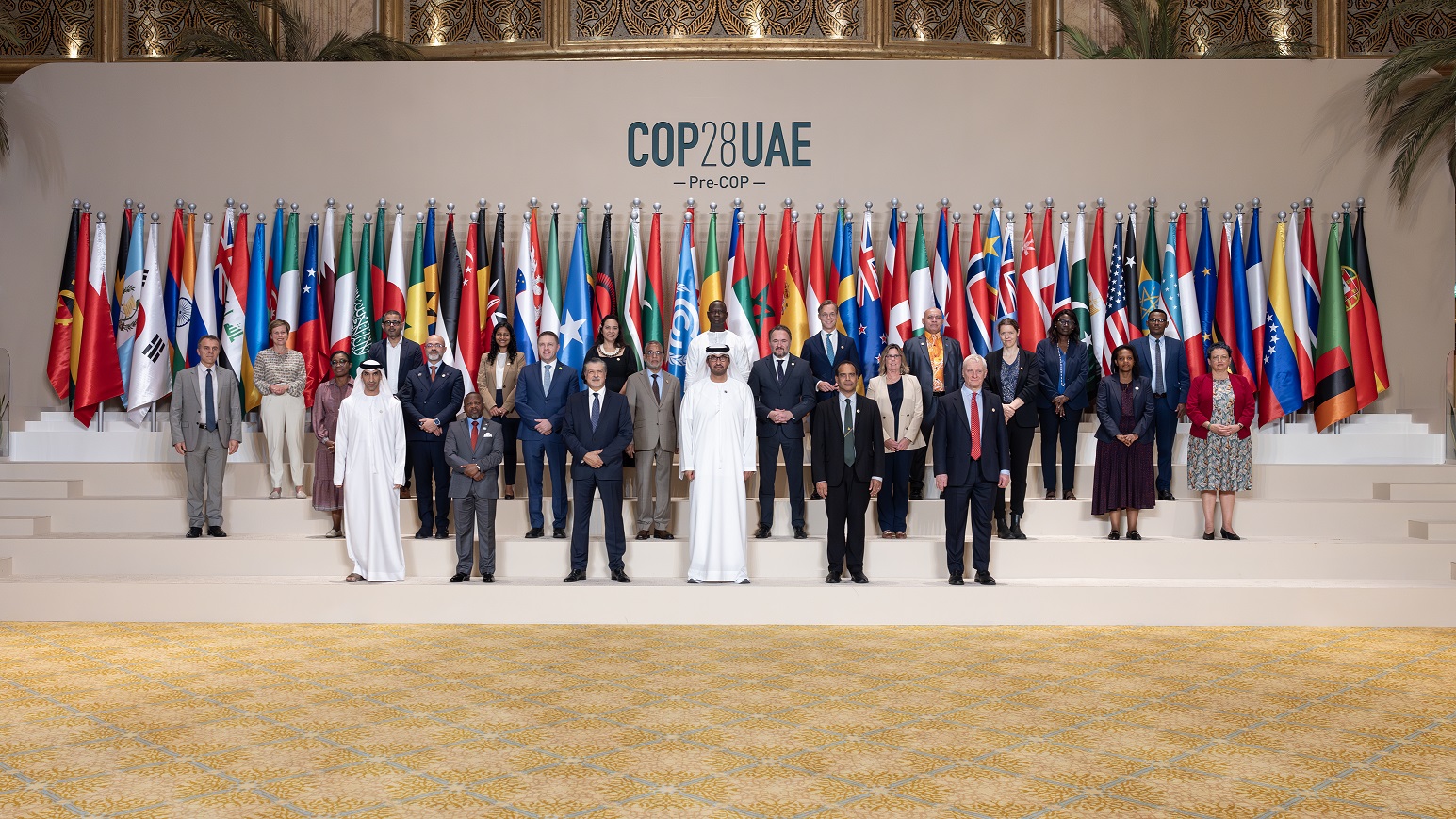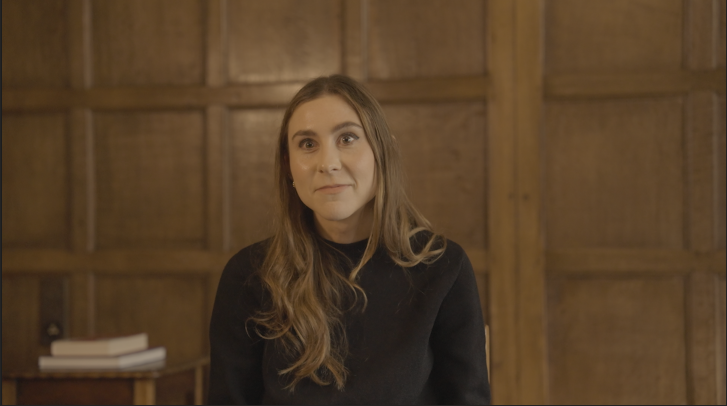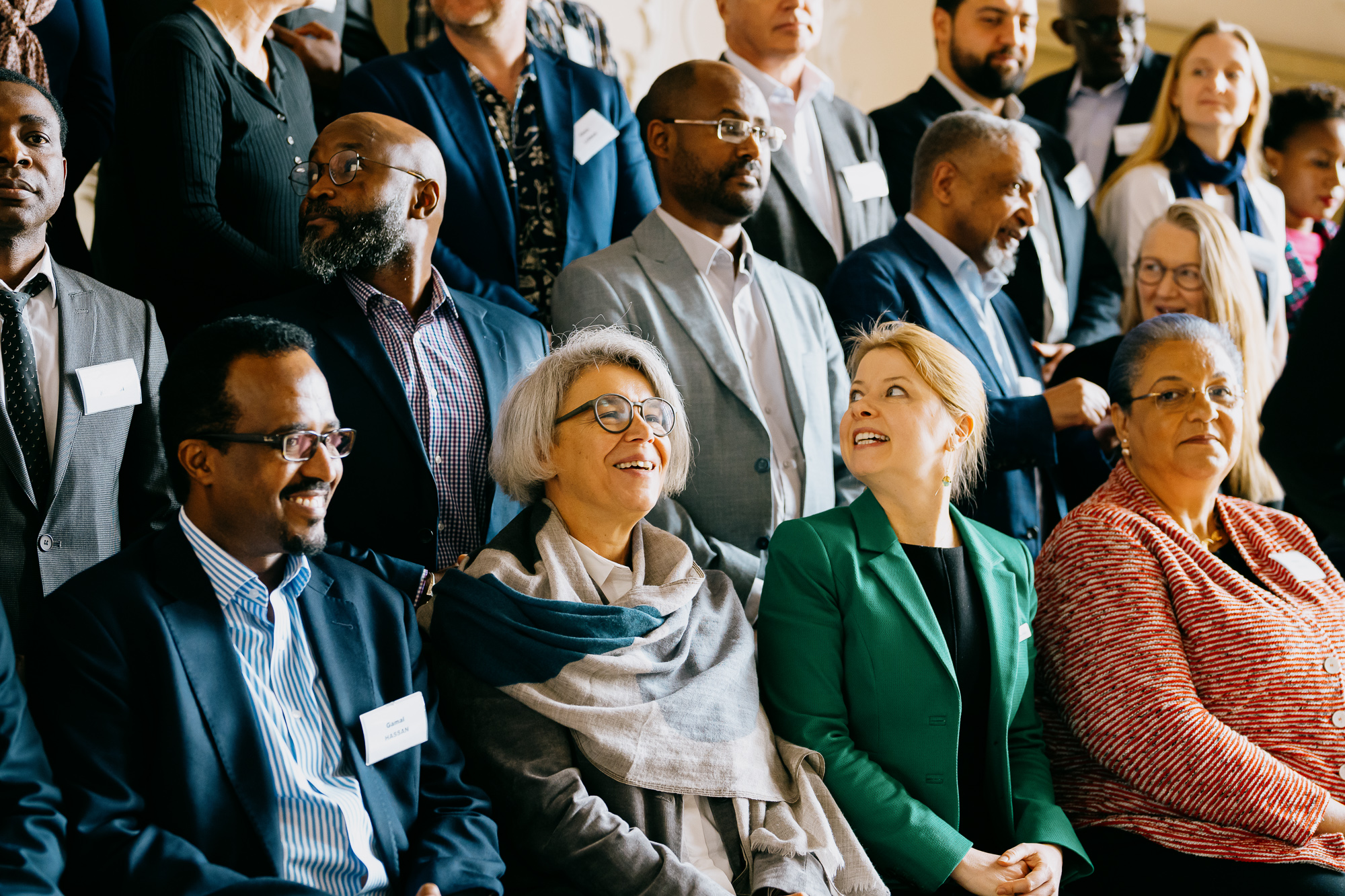Reducing the harmful use of alcohol is one of the cornerstones of preventing and controlling non-communicable diseases (NCDs). The Political Declaration of the third United Nations General Assembly High-Level Meeting of the Prevention and Control of Non-communicable Diseases outlines the need for full, active and responsible engagement and participation of all relevant stakeholders to combat NCDs- including engaging the private sector, and civil society, for a whole of society approach.
‘Time to Deliver’, the 2018 Report of the WHO Independent High-Level Commission on Noncommunicable Diseases, explicitly outlines the positive impact of public private partnerships- especially in harnessing technological innovation and engaging with economic producers of alcohol for better global health and development outcomes.
This Wilton Park series aims to chart a positive and productive way forward to reduce the harmful use of alcohol and build a roadmap for a whole of society approach. Through convening those from across public, private and civil society sectors to build trust and engagement, the series seeks to build consensus and common purpose on how the different sectors might best support global efforts to improve health and reduce the harmful use of alcohol. This series will seek to enable contextual and sustainable solutions that reduce the harmful use of alcohol, improve health outcomes and achieve the SDGs.
The series began at Wiston House, Sussex, in February 2019, with a second event in Magaliesberg, South Africa, in April focused on possible solutions in the sub-Saharan context. This event, held in Mexico, will build upon the lessons learnt and seeks to explore new and innovative methods of reducing the harmful use of alcohol in a manner that accounts for the national, religious and cultural contexts within the Caribbean, Central and South America.












